June 17th, 2016
My Last Day in Greece
Ahmad Yousaf, MD
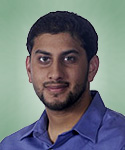
Ahmad Yousaf, MD, is the 2015-16 Ambulatory Chief Resident in Internal Medicine at Rutgers New Jersey Medical School.
Reflections and observations from my last day in Greece as part of the SAMS (Syrian American Medical Society) medical mission for Syrian refugees:
1) It rained during clinic hours. It was a bit inconvenient for the team. For the refugees, it was catastrophic. Their tents, already damaged, allow the drops of precipitation to find their ways in and soak everything they own. They are drenched, their things are soaked, and there is no reprieve from the cold that follows. The rain puts out the fires they use to cook… to stay warm… to have some light when it gets dark. I have run out of negatively toned words in the English dictionary to describe the state of these human beings that could just as easily be me or you. I apologized a lot to them this week, on behalf of everyone. But to accept our forgiveness lies with them and God… and I cannot imagine how they could forgive us.
2) We met a man in his 30s, Greek, bearded, thin, a skipper by trade. He looked exhausted. He has no associations with Syria, Arabs, or Islam. He came to volunteer for 7 days — he extended to 10 days… then 14… then a month — that was 7 months ago. He lives here now, far from his home, among the refugees. He eats with them, sleeps close to them, and is engrossed in every aspect of helping them. As I was saying goodbye yesterday, I held his hands and told him he was a hero. He couldn’t look at me in the face when I said it, and I know he would never consider himself such. But that is exactly what he is.
3) As we left and said our goodbyes to the group we came with, I couldn’t help but feel like I was leaving family. One volunteer said, “I feel like I’ve fallen in love.” I agree — I have as well. I might never see most of them again, but I swear to you we are family forever.
4) In the video below you will see a Kurdish man, all alone, playing an instrument and singing a sad song, unaware of his audience. When he was asked why his song was so sad, he told us his story. He had sent his children ahead of him, and they now are in Germany seeking asylum. He was then separated from his wife who got stuck in one of the most war-torn areas of Syria, and he was only able to get as far as Greece. He now has run out of money and has been in the camp for months. Other refugees have given him some food and some supplies, but he has no money left. He cannot pay a smuggler to move him towards his children or pay for travel back to his wife in Syria. He feels as though he is the most alone man in the world. Indeed, he might be. May God help him find his way to his family.
5) Many refugees told us that they left, not for themselves, but because they didn’t want their children to see all of the dead bodies in the streets of Syria. The dead were purposefully left lying on the streets as a warning, and the killings occurred out in the open for the little children to see. One man had his wife and children with him and told us they almost made it past the Macedonian border when his wife had severely injured her knee while climbing through the mountains. She couldn’t go any further and had ordered her husband to take the children and leave her there by herself. She was going to die by herself, but at least she would know her children wouldn’t experience the horrors they had fled. The man couldn’t do it and instead had carried her to the Greek border and into one of the refugee camps. They were so close, but he loved her too much to leave her and had risked living in the camps forever so that they could stay together. Happy endings are few and far between for the Syrian people.
6) I did far less clinical work on this trip than my prior one because of the very fluid situation of the refugees. I feel like so much more needs to be done, but I am reminded of my most important role — to be a witness. To witness on behalf of Americans and on behalf of humankind. I will not ever be able to forget this problem exists. That there is an immeasurable amount of suffering among my fellow human beings and so many of us have ignored them. We have the blood of their misery on our hands (if not by direct action, then by apathy and purposeful ignorance), and the least we can do is acknowledge them, pray for them, and cry for them.
Video courtesy of Mayada Yousef

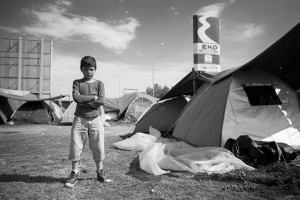
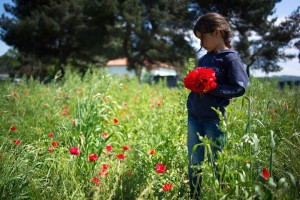
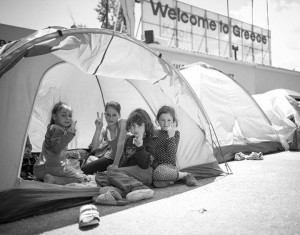
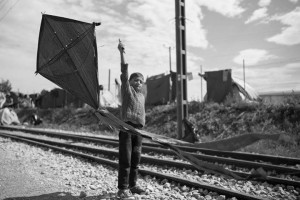
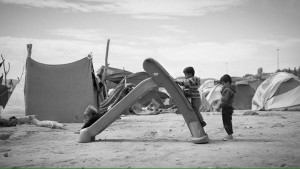

Ahmad, are you with a group of some sort or on your own? I would like information as to how I can volunteer.
I went with a wonderful organization named SAMS (Syrian American Medical Society). I would definitely recommend them. Godspeed.